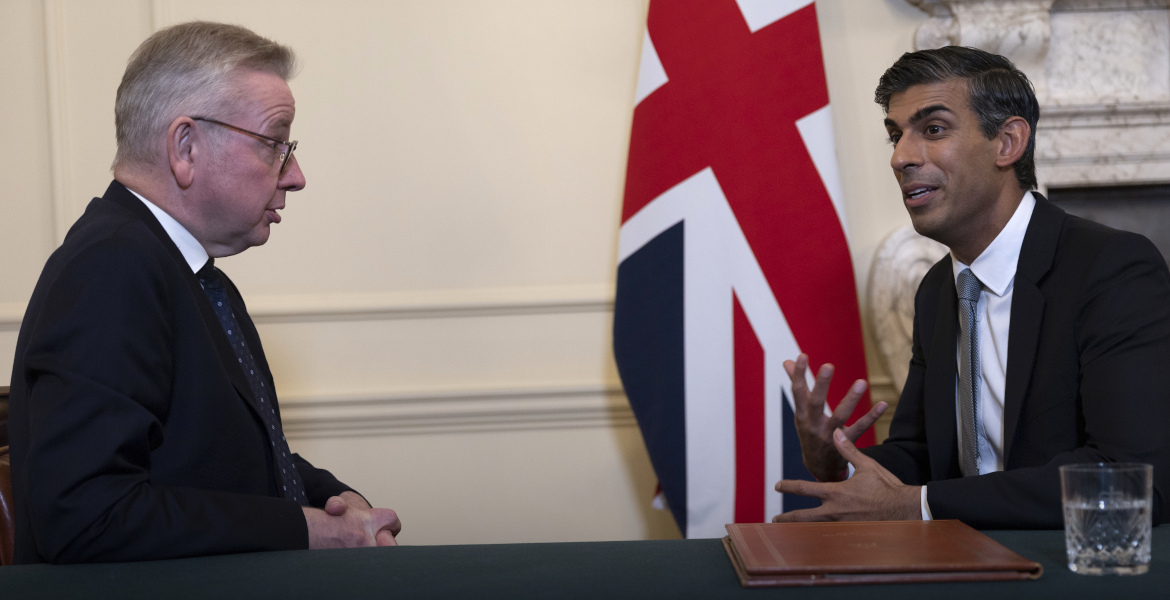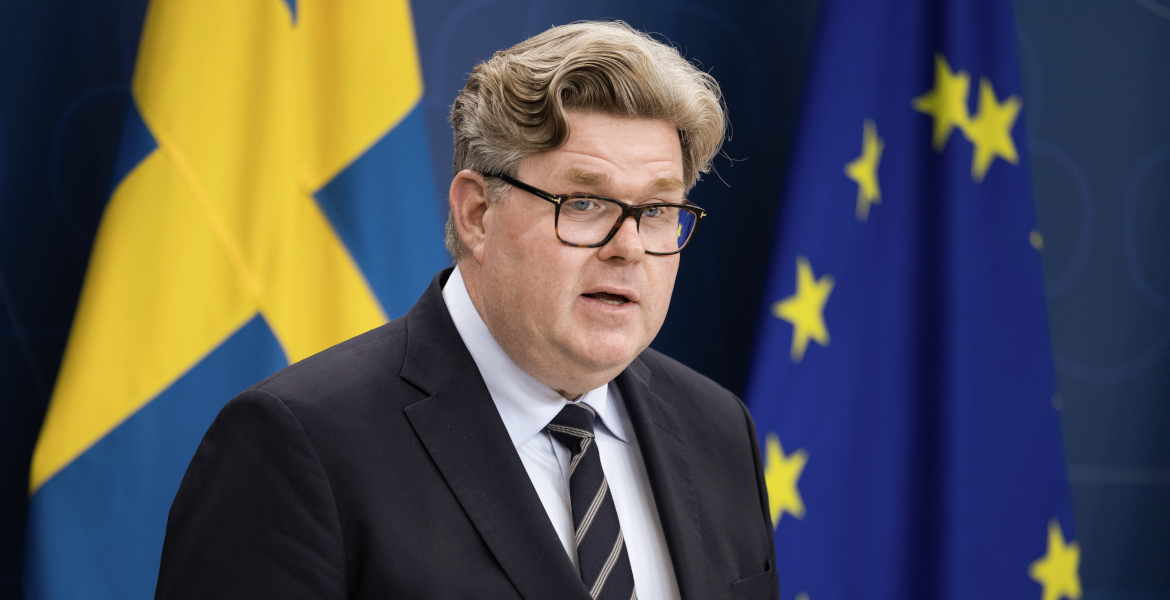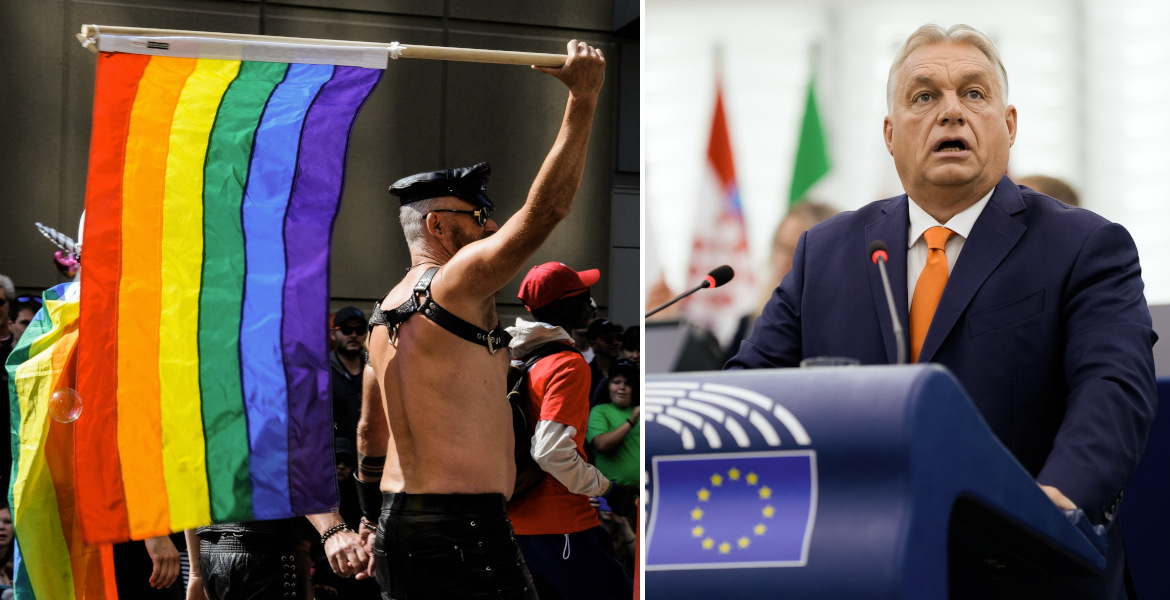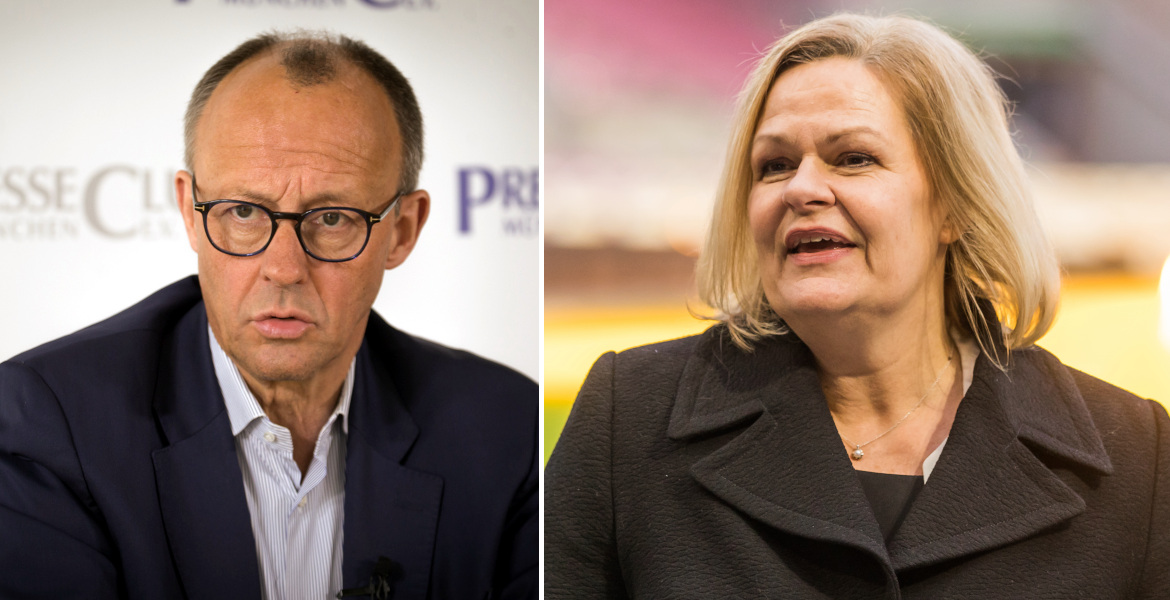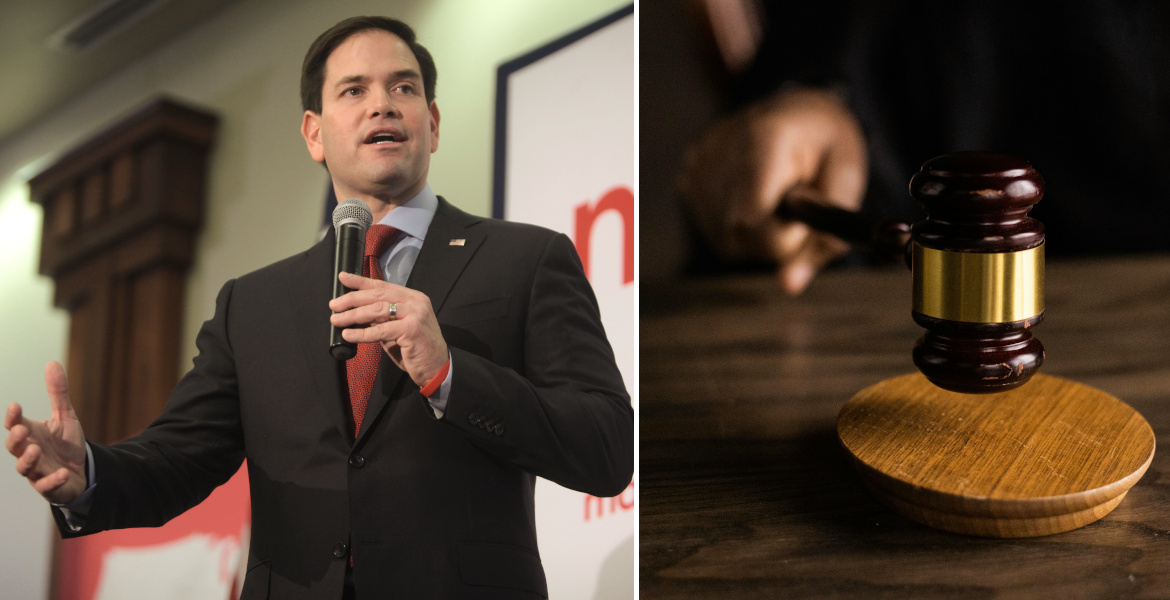The Muslim Council of Britain, Palestine Action, and Muslim Engagement and Development are three of the groups that could soon be labeled extremist by British authorities, as the government of Rishi Sunak looks to expand the definition of what constitutes “extremism”.
The Telegraph first reported how British ministers want to create a broader definition of “extremism” to allow universities, councils and other public bodies to ban Muslim and “far-right” groups.
Among other things, groups alleged to promote an “extremist ideology” or to “undermine” or “overturn” British values will be more easily banned and denied public funding.
Michael Gove, the Secretary of State for Communities and Local Government, is said to be very concerned that the current definition is too narrow and allows Islamist and right-wing groups to “get away” with behaviour that allegedly “incites racial and religious hatred, threatens communities and divides society”.
The designation of the Muslim Council of Britain as an extremist is a sensitive issue, not least because the British government has worked closely with them, allowing them to appoint imams to the British military. The British police have also worked closely with members of the Council.
Concerns about abuse
Recently, Prime Minister Rishi Sunak also declared that “extremists” were trying to undermine British democracy and called on the nation to work together to “beat this poison”. In particular, he said there had been a “shocking increase” in “extremist activity” following Israel’s invasion of Gaza.
But civil liberties groups are deeply concerned that the British government could label “legitimate” organizations and individuals as “extremist” – and that freedom of expression is under threat. Others argue that an expanded extremist classification could also be used to ban conservative groups – such as those who oppose same-sex marriage and abortion.
– Refusing to engage with groups it disagrees with is becoming a pattern of behaviour from this government. It’s vital those in power do not silence the people set to be most affected by its policies, said Akiko Hart, director of the civil liberties group Liberty.
– This Government, along with Israel, has killed over 30,000 Palestinians in a genocide. The primary target of our campaign is Elbit Systems, Israel’s largest arms manufacturer, which markets its weapons as ‘battle-tested’. No definition will deter our campaign to shut Elbit down, explains a Palestine Action spokesperson.
– The majority of the population in this country share our view and reject complicity in genocide. According to the Arms Trade Treaty, of which Britain is a ratifier, it should not be arming Israel. Is the Arms Trade Treaty and international law extreme?
